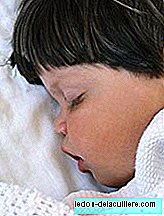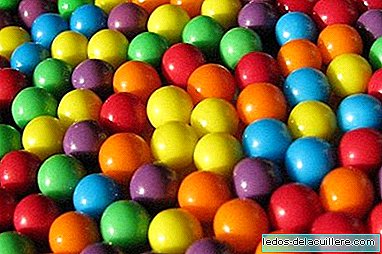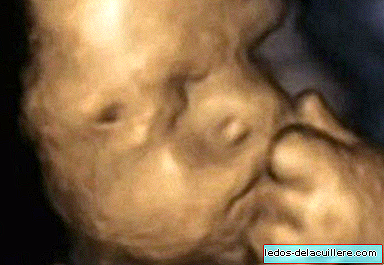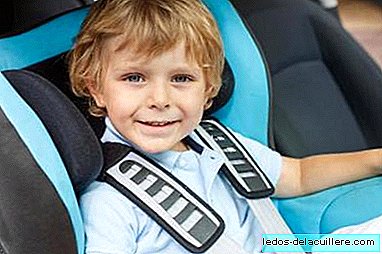
According to a story published in elmundo.es (health), according to a recent US study Childhood sleep apnea can cause damage to two brain structures related to learning.
The research was carried out by scientists from Johns Hopkins University who, when studying two groups of children, some who suffered from apnea and others who did not, observed changes in the right frontal cortex and in the hippocampus, a structure inside the brain in Children who suffered from the disorder.
The hippocampus is related to learning and memory and this is the first study that shows the neurological changes that apnea produces in children. Although scientists have long associated fragmented sleep and disruption of oxygen supply in the brain (apnea) with decreased children's ability to learn and have good results in school, until now they had not observed any evidence physics that will confirm this association.
Researchers believe that the effects on cognitive abilities of untreated apnea are more severe in children than in adults, because they are in a critical period of development. As they explain in the study text, published by the journal 'PLoS Medicine', "the next step will be to see if the levels stabilize once the apnea has been treated."












